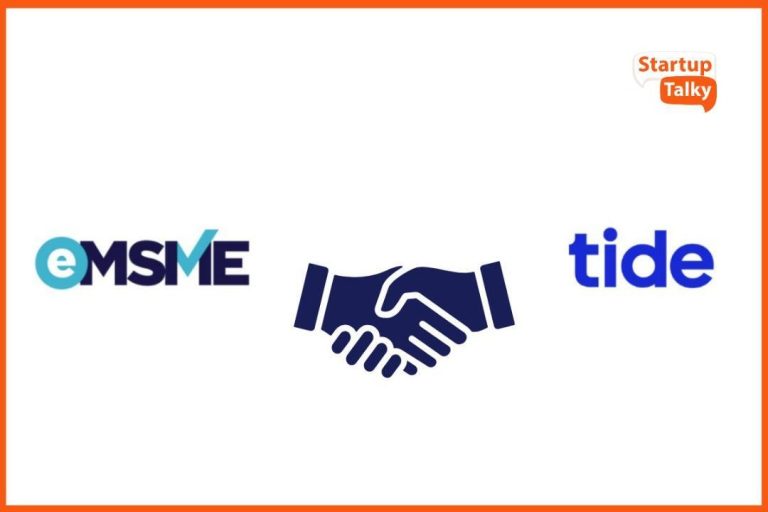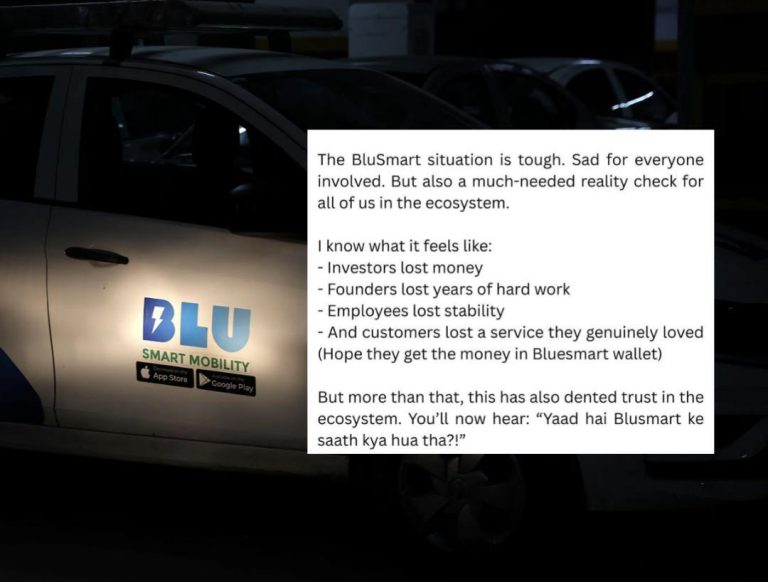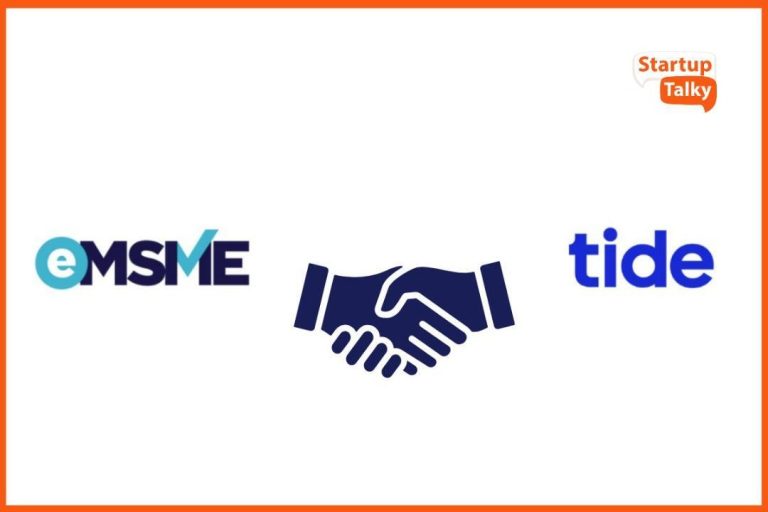
12 Former OpenAI Employees Support Musk in Lawsuit Against AI Firm
In a surprising turn of events, 12 former employees of OpenAI, a leading artificial intelligence (AI) research organization, have filed an amicus brief in support of Elon Musk’s lawsuit against the firm. The lawsuit aims to prevent OpenAI from transitioning into a for-profit entity, which Musk, along with other founders, has been fighting against.
The brief, filed in a California court, argues that a change in OpenAI’s corporate structure would fundamentally violate its mission. The former employees, who worked at OpenAI from its inception in 2015 to 2022, claim that the non-profit organization was founded to promote AI research and development for the greater good, not to generate profits.
“OpenAI was founded with the explicit mission to benefit humanity through AI research and development,” said one of the former employees in an interview. “If the non-profit agreed to a change in the OpenAI corporate structure which took away its controlling role, that would fundamentally violate its mission.”
The lawsuit, filed by Musk and other OpenAI founders, alleges that the organization’s board of directors has been working to transition OpenAI into a for-profit entity, which would allow investors to profit from the research and development of AI technology. The founders claim that this would compromise the organization’s independence and ability to pursue its mission.
The amicus brief, which was filed on behalf of the former employees, argues that the founders have a legitimate concern about the potential impact of a for-profit transition on OpenAI’s mission. The brief cites several examples of how for-profit companies have compromised their values and priorities in pursuit of profit, including companies that prioritize shareholder returns over social and environmental responsibility.
“OpenAI’s mission is to benefit humanity, not to generate profits for investors,” said another former employee. “If the organization becomes a for-profit entity, it would be a betrayal of its founding principles and values.”
The brief also argues that the founders have a legitimate interest in preventing the organization from being taken over by investors who may not share its mission. The founders claim that the current board of directors has been working to silence dissenting voices and restrict access to information, which would allow investors to exert control over the organization without being accountable to its mission.
The lawsuit has sparked a heated debate about the role of AI research and development in society. Some argue that AI has the potential to revolutionize industries and improve lives, while others claim that it poses significant risks to society and should be regulated and controlled.
The controversy surrounding OpenAI’s transition to a for-profit entity has also raised questions about the role of non-profit organizations in society. Some argue that non-profits are essential to promoting social and environmental causes, while others claim that they are often compromised by their reliance on donations and grants.
The case is likely to have significant implications for the future of AI research and development. If the court rules in favor of the founders, it could set a precedent for other non-profit organizations that are committed to pursuing a specific mission or values.
On the other hand, if the court rules in favor of the board of directors, it could pave the way for other non-profit organizations to transition to for-profit entities, which could have significant implications for the non-profit sector as a whole.
Source:






